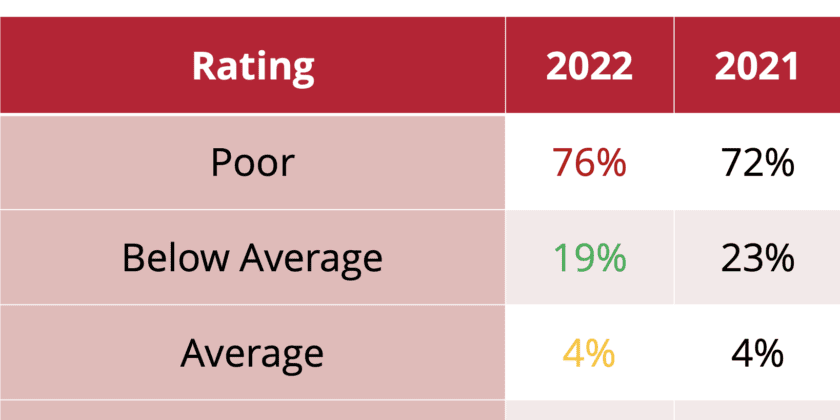Sales drives the engine of any B2B business. Enhancing sales strategies and management capabilities is crucial to success for salespeople, sales managers, and CEOs of small companies. One aspect of this involves rewarding effort and results during sales meetings. This practice motivates the sales team and encourages them to strive for better performance.
Salespeople are naturally competitive and driven, but they also appreciate recognition. While a paycheck is important, it’s also essential for salespeople to feel valued and appreciated for their efforts. This recognition can come in various forms, from verbal praise to tangible rewards. It’s important to remember that recognition should not be limited to monetary rewards. The simple act of acknowledging someone’s hard work and contributions can be incredibly motivating.
A sales meeting is an opportune moment to recognize and reward your sales team’s efforts. It’s not just about discussing targets and strategies; it’s also a chance to celebrate successes, however big or small. These meetings can be used as a platform to highlight the best practices and strategies employed by the team members, fostering a culture of learning and improvement.
Every salesperson has a unique approach and strategy. If nothing else, they experiment with different ways to share the benefits of their product or ask a particular discovery question. By sharing these individual successes or failures during meetings, sales teams can learn from each other, thus promoting a collaborative and supportive environment. The sales leader may prompt these discussions, but the actual learning comes from the experiences and strategies the salespeople share.
Read the rest of the article…





You must be logged in to post a comment.